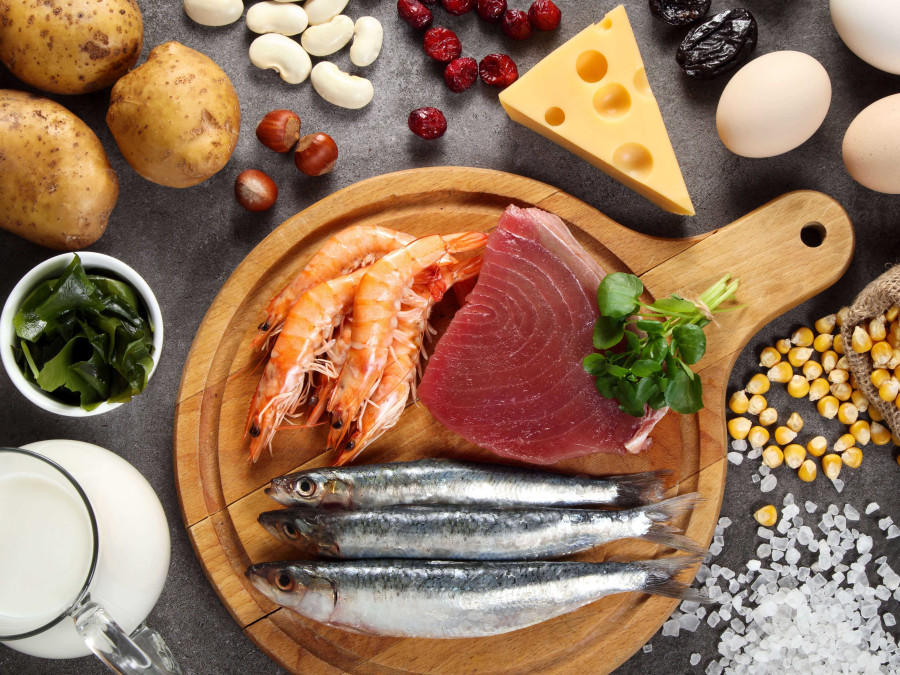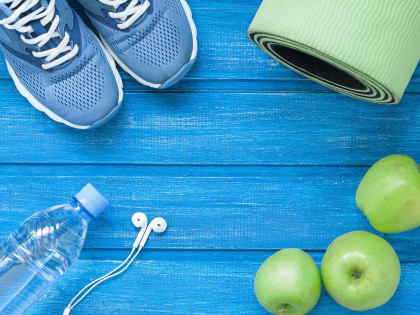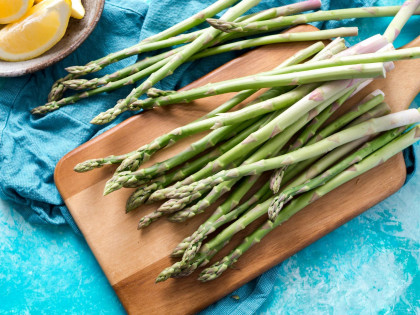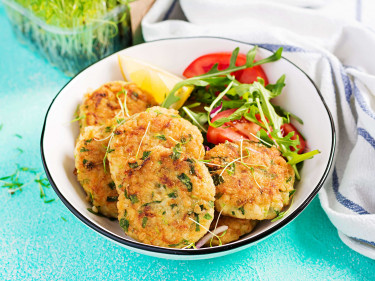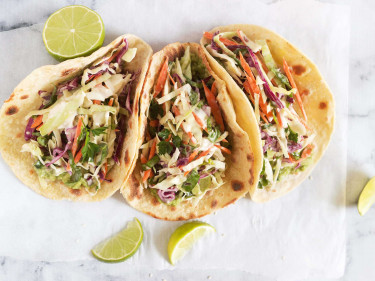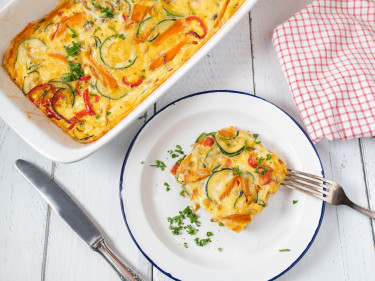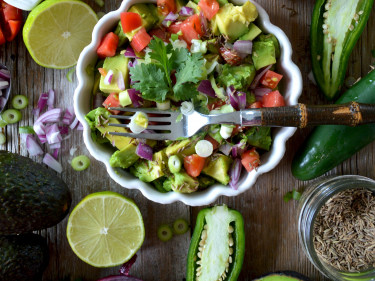What is iodine? Why is it important for health?
Iodine is an essential nutrient. Iodine is part of the hormones made by the thyroid, a butterfly shaped gland in the front of the neck. These hormones are essential for:
- Brain and nervous system growth and development
- Keeping the brain functioning well
- Controlling metabolism and energy production
Not getting enough iodine can lead to hypothyroidism. This can cause:
- Dry skin and hair loss
- Feeling tired
- Poor concentration, poor memory
- Low mood or depression
- Weight gain
- Constipation
- Goitre (pronounced GOY- TUH), which is when the thyroid becomes swollen
As iodine has a role in brain development it is essential that pregnant women, babies and children get enough. If pregnant women, babies or children don’t get enough iodine it can lead to:
- Miscarriage or premature delivery
- Problems with brain development
- Physical impairment
- Slow growth
How much iodine do I need?
How much iodine people need changes depending on how old they are and whether women are pregnant or breastfeeding. Pregnancy affects how the thyroid works. Pregnant women need more iodine than other women. Women who are breastfeeding need even more iodine.
How to get enough iodine?
Food grown and produced in Australian is typically low in iodine. Iodine used to be used to clean bottles and machinery for milk, which was a major source of iodine for Australians. But iodine is not used in this way anymore. To help Australians get enough iodine it’s now added to bread sold in the supermarket and bakeries. This is known as fortification. To find out more about fortification head here.
Tips to make sure you get enough iodine:
- Seafood and seaweed are good sources of iodine. Aim to include seafood in your meals 2-3 times per week. Head here for easy, healthy seafood recipes.
- As iodine added to bread during processing, include bread as a part of an eating pattern that has lots of different grains and cereals. Wholegrain breads are best as they are loaded with fibre and other nutrients. NOTE: Iodine is not added to organic bread.
- Cow’s milk, yoghurt and cheese are all good sources of iodine. Be careful replacing these with plant-based milks (e.g., almond milk, oat milk, soy milk) as these contain almost no iodine.
- Eggs are another good source of iodine. Up to 7 eggs per week can be included in a healthy eating pattern. Head here for easy, healthy egg recipes.
- It is generally best to limit salt in cooking. If you can’t cut it out completely choose iodised salt instead of regular salt.
- If you’re pregnant (or planning to be) or breastfeeding, it is recommended that you take an iodine supplement every day, to make sure you get enough.
- If you limit your intake of bread, dairy, eggs or seafood, talk to your GP or an Accredited Practising Dietitian about taking an iodine supplement. Iodine needs can be affected by thyroid conditions. If you have a thyroid condition talk to your GP before taking an iodine supplement.



